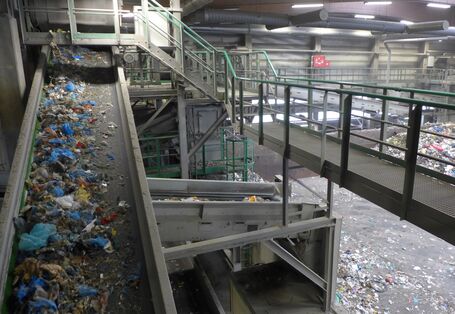Stabilizing our Landscape Water Balance

The landscape water balance is out of equilibrium: Straightened rivers, sealed soils, and drained peatlands retain too little water in the landscape. The consequences: drought, declining groundwater levels, and flooding. The solutions: retain water through adapted land management, give rivers more space, allow floodplains to flood, and manage land and soil in a climate-resilient way.








